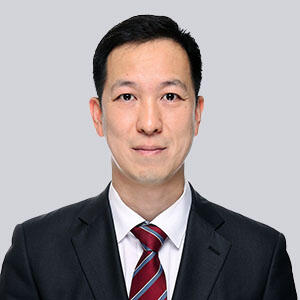During a speech at Stanford University on Thursday, April 21, 2022, former U.S. President Barack Obama presented his audience with a stark choice: “Do we allow our democracy to wither, or do we make it better?”
Over the course of an hour-long address, Obama outlined the threat that disinformation online, including deepfake technology powered by AI, poses to democracy as well as ways he thought the problems might be addressed in the United States and abroad.
“This is an opportunity, it’s a chance that we should welcome for governments to take on a big important problem and prove that democracy and innovation can coexist,” Obama said.
Obama, who served as the 44th president of the United States from 2009 to 2017, was the keynote speaker at a one-day symposium, titled “Challenges to Democracy in the Digital Information Realm,” co-hosted by the Stanford Cyber Policy Center and the Obama Foundation on the Stanford campus on April 21.
The event brought together people working in technology, policy, and academia for panel discussions on topics ranging from the role of government in establishing online trust, the relationship between democracy and tech companies, and the threat of digital authoritarians.































